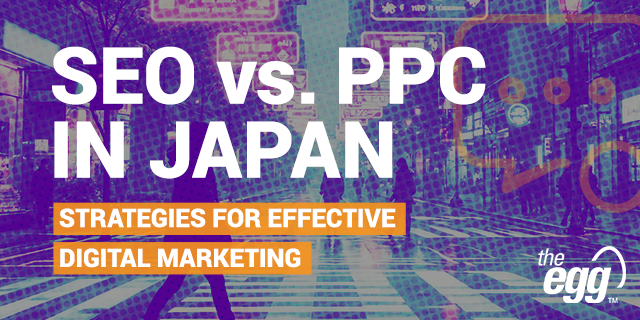People in Japan are more inclined to engage in online activities than watch television or read newspapers. Since 2014, the total hours of their media consumption have increased, due to the proliferation of mobile devices. Here, we explore two recent surveys conducted in Japan to see the way people interact with media has changed as a result of the digital surge. The surveys show the following:
- Total media consumption time
- Media consumption by age group
- Consumed digital content breakdown
Hakuhodo DY Media Partners Inc. conducted a media consumption survey of 620 people between 15 and 69 years of age, in Tokyo. According to the survey, the average total media consumption hours in 2015 is 383.7 hours per person
Total Media Consumption Time
From the graph above it can be noted that the growth of digital media usage in the previous five years has been outstanding. Specifically, mobile consumption has made a substantial leap between 2013 and 2015. On the other hand, television consumption and newspaper consumption has been shrinking moderately but steadily over the years.
The main factor leading people away from television and newspapers is the geographical expansion and improved accessibility of internet services for digital portable devices. In addition, the existence of services allowing users to access content that was previously accessible only through television and newspapers has pushed television and newspaper consumption further down.
Media Consumption by Age Group
Now let’s look at the survey conducted by NHK Broadcasting Culture Research Institute. It surveyed 2442 Japanese people aged 16 or older to show the depth of television consumption and the growth of internet consumption.
The gradual trend away from television is distinct in the graph below. It shows how many percent of the surveyed in each year group consume media from televisions in the year 2010 and 2015:
Meanwhile, the graph below shows the internet consumption in the same period:
As noted in the graph above, the younger age groups hold the biggest proportions of internet consumption. In 2015, more than half of the surveyed in 20’s consume the internet more than TV. The gradual and steady rise of the internet usage during the last five years represents the increasing consumption of digital media.
Consumed digital content breakdown
The earlier Hakuhodo survey breaks down the online and digital devices consumed in the chart below:
92.6 % of the surveyed mobile users engage in emailing. The second popular mobile feature is search, with the consumption rate of 91.6%. Mobile users generally use a variety of features including search, email, photograph, video, etc., while tablet users mainly focus on search, news and video.
It should also be noted that search is the initial step taken by 90% of both mobile and tablet users to engage in other online activities such as online gaming or online shopping or listening to music online. Ultimately, search is the one of the primary functions of mobile and tablet devices, making mobile-friendliness an even bigger priority than ever.
Currently, TV is still the reigning media in Japan, however the diverse (and still growing) digital features of mobile and tablets make television less attractive especially to the younger generations. Considering the staggering popularity of internet, social media and mobile devices during the last decade, it is highly likely that TV will lose its dominant position in the near future.










